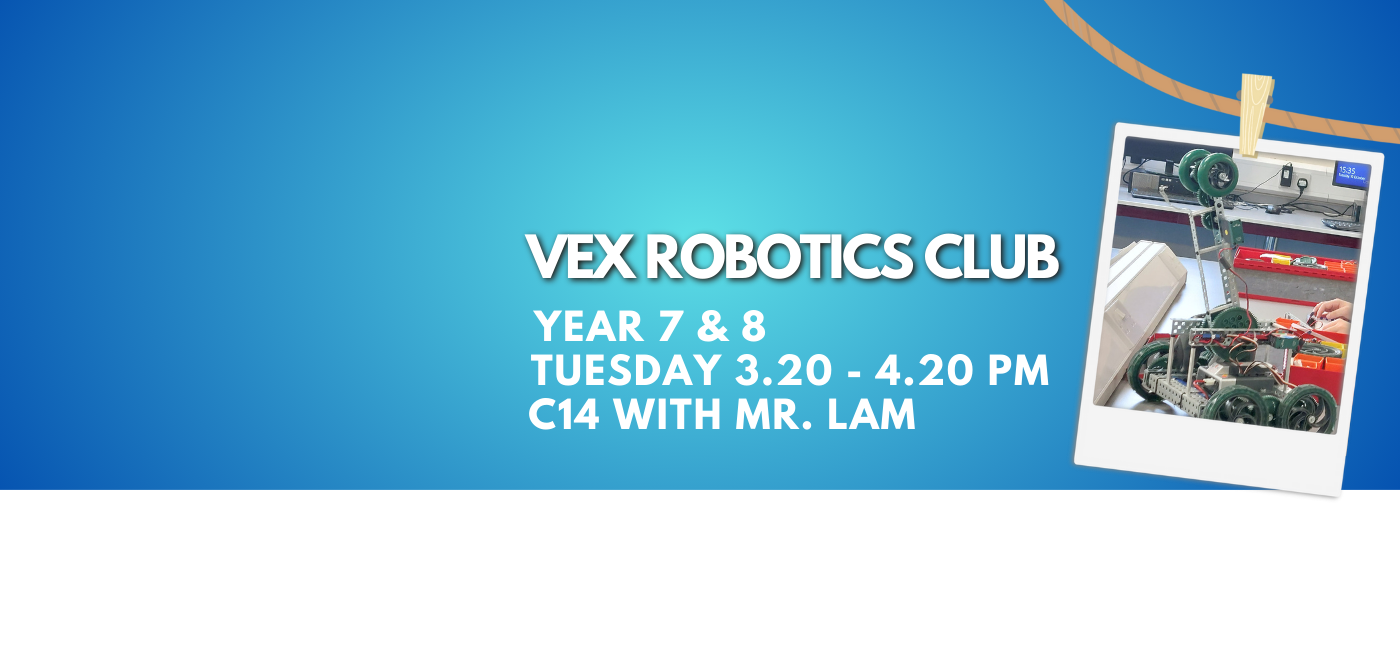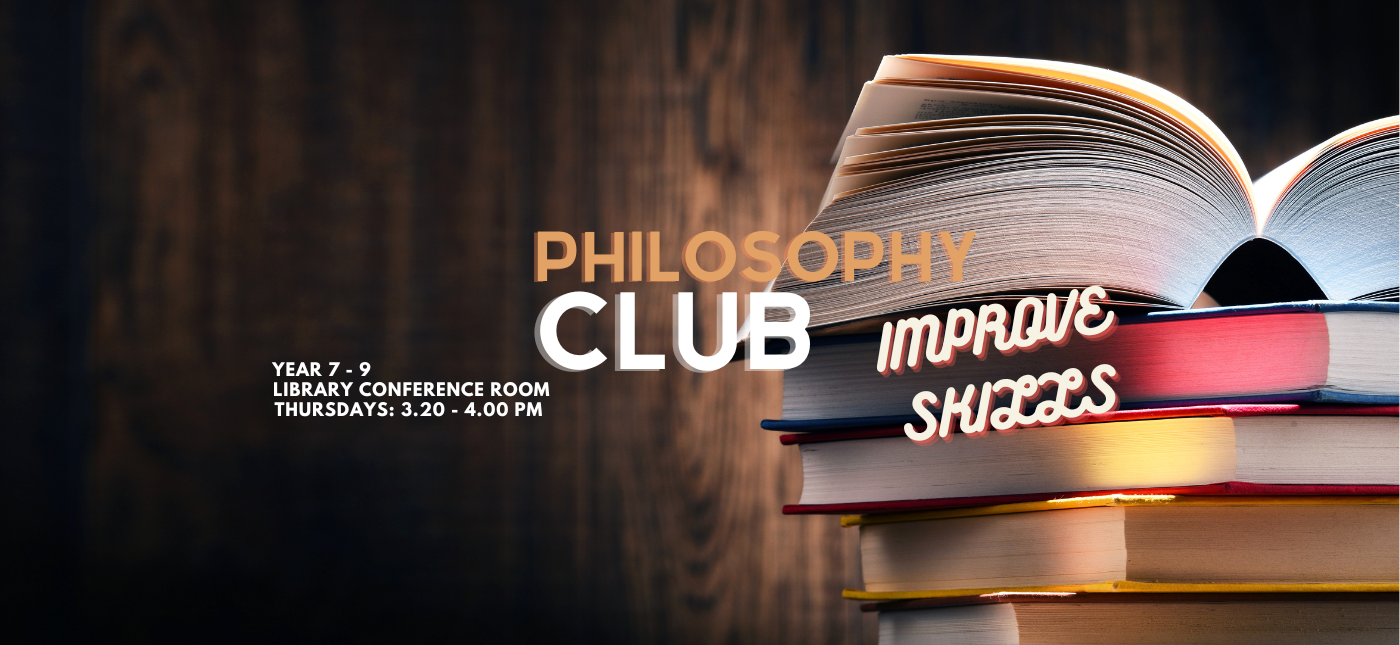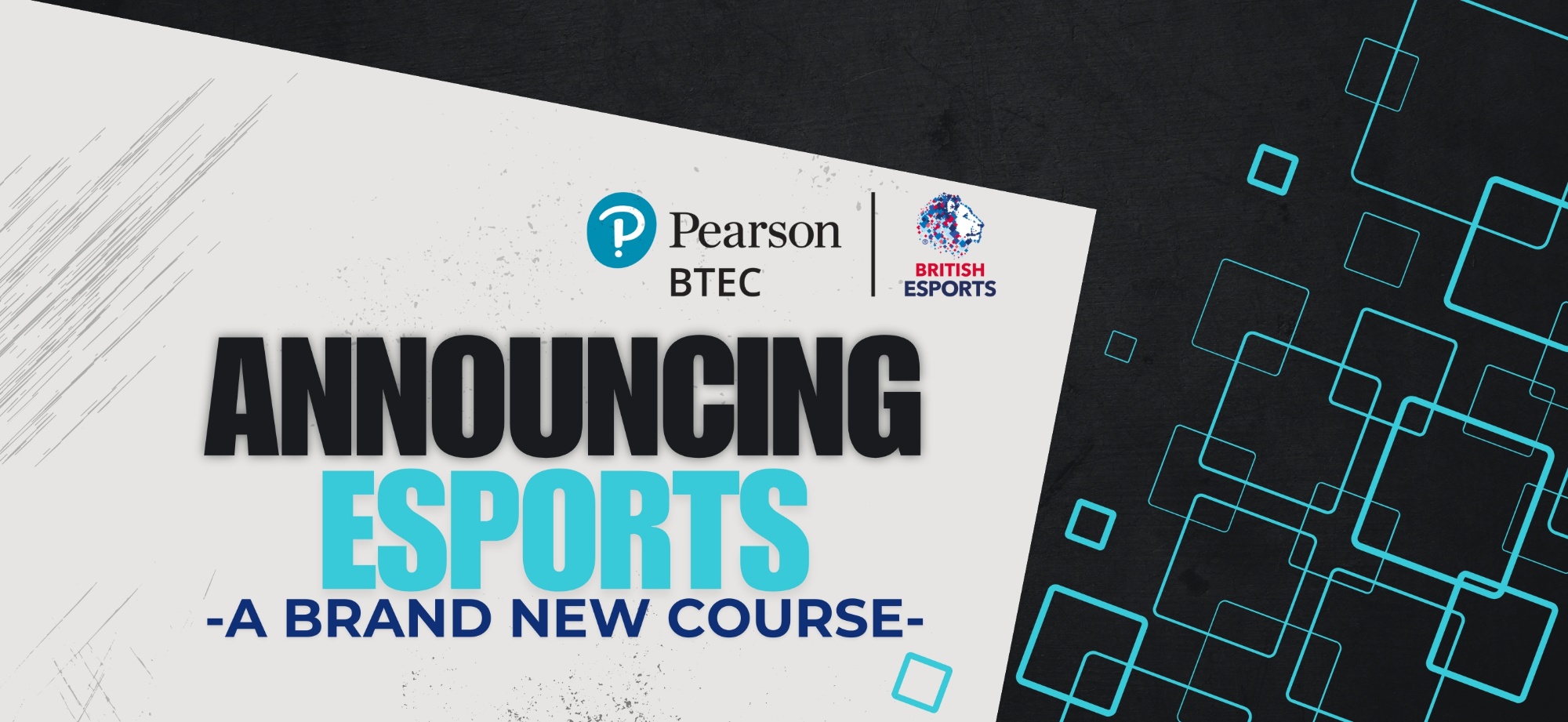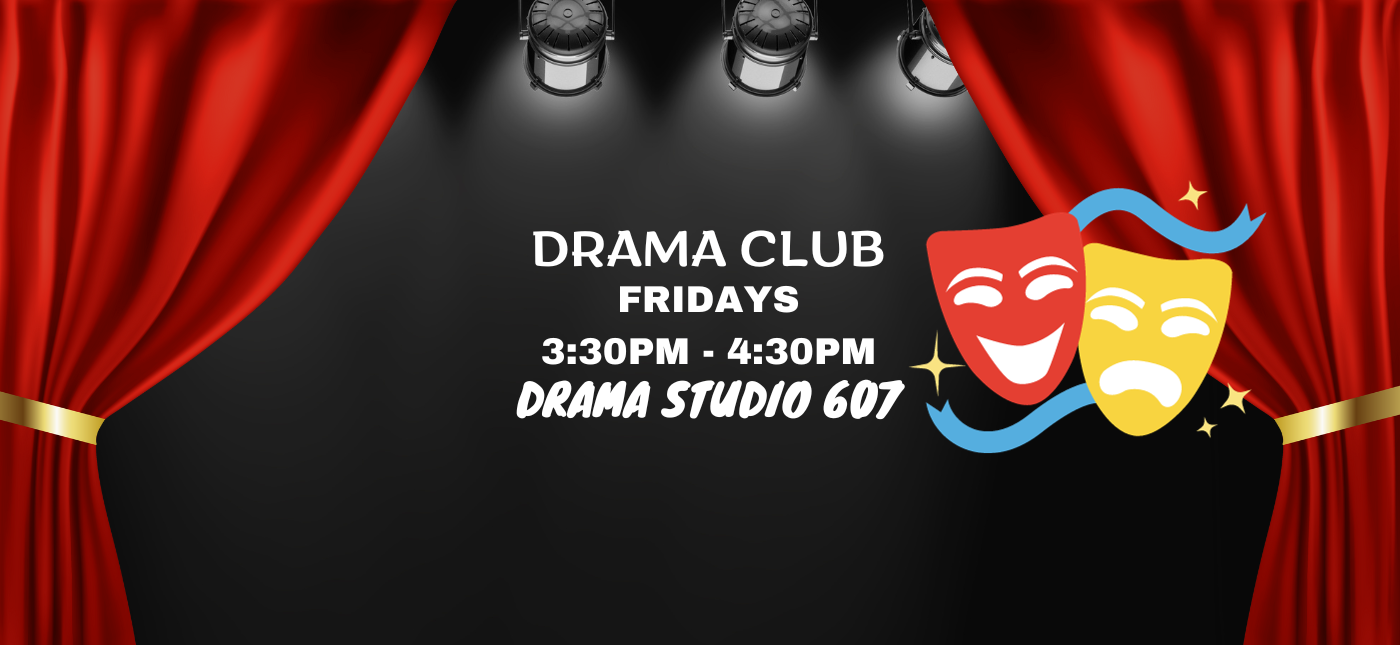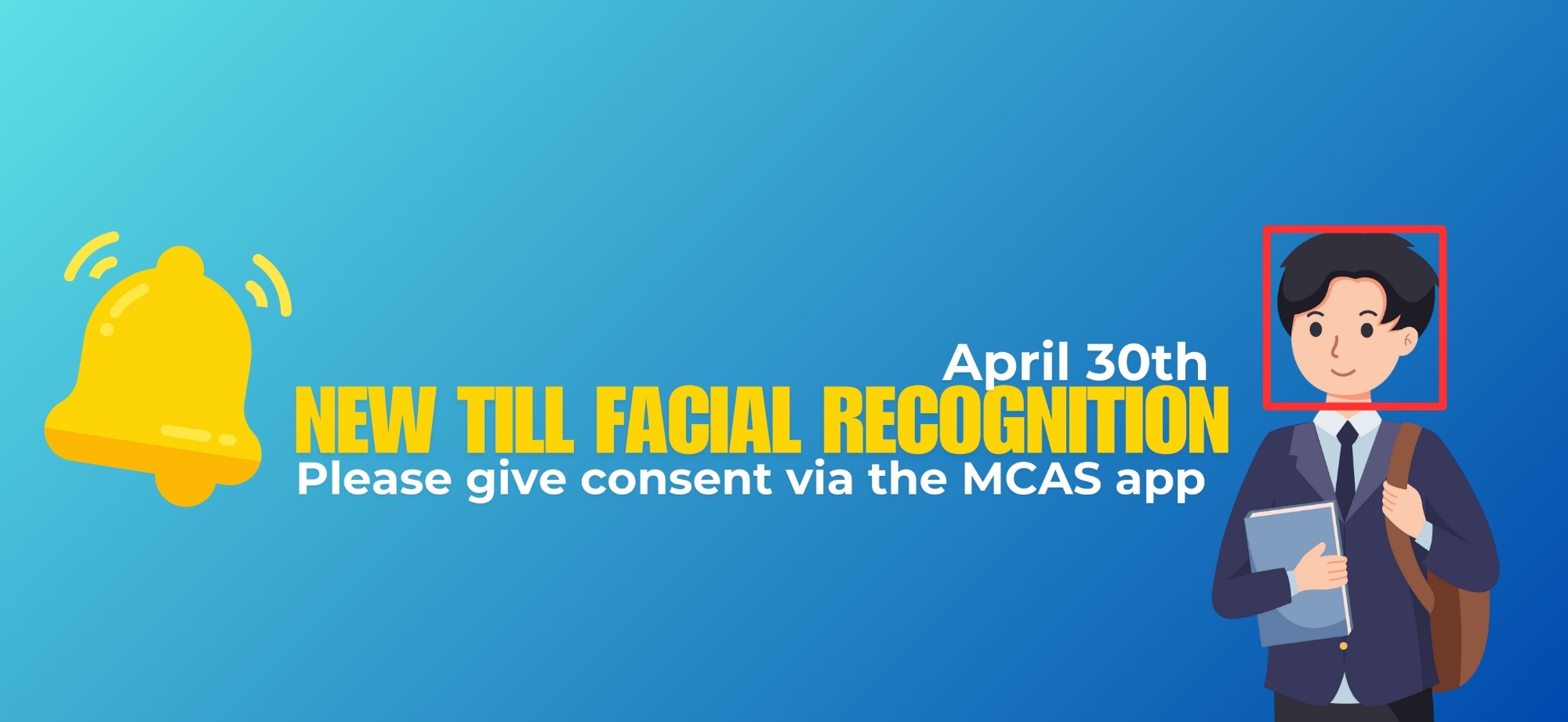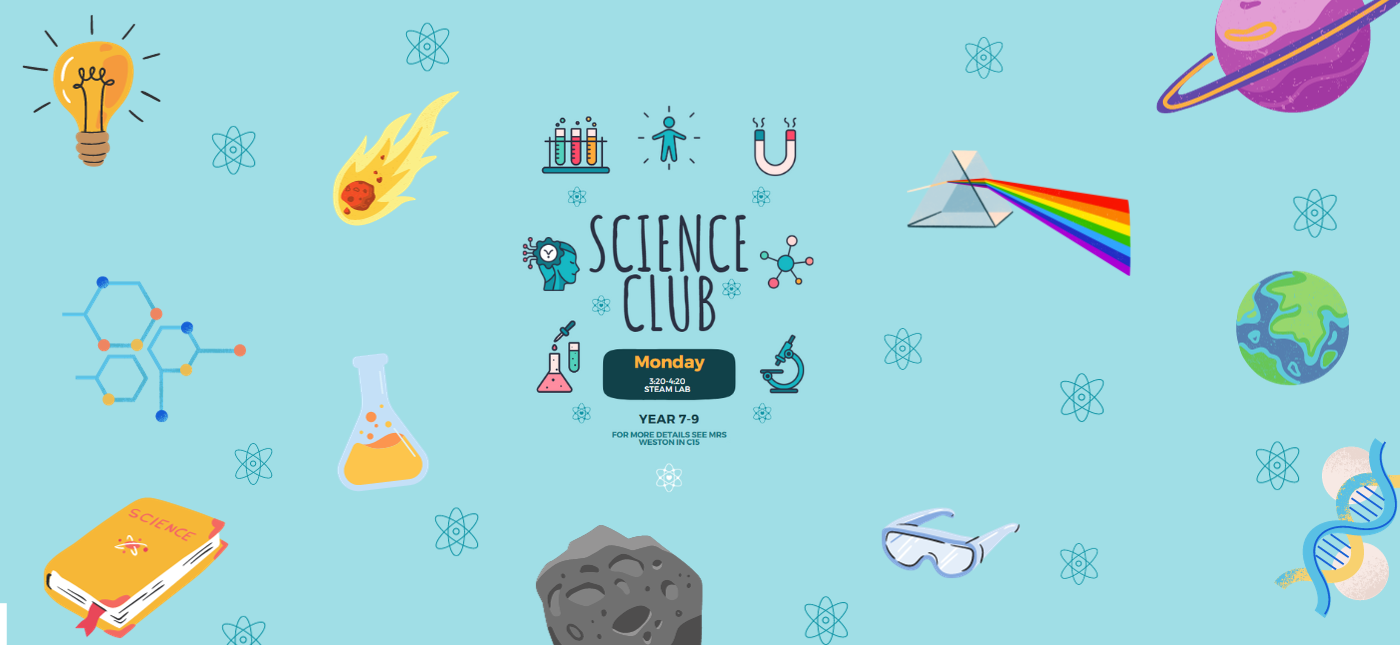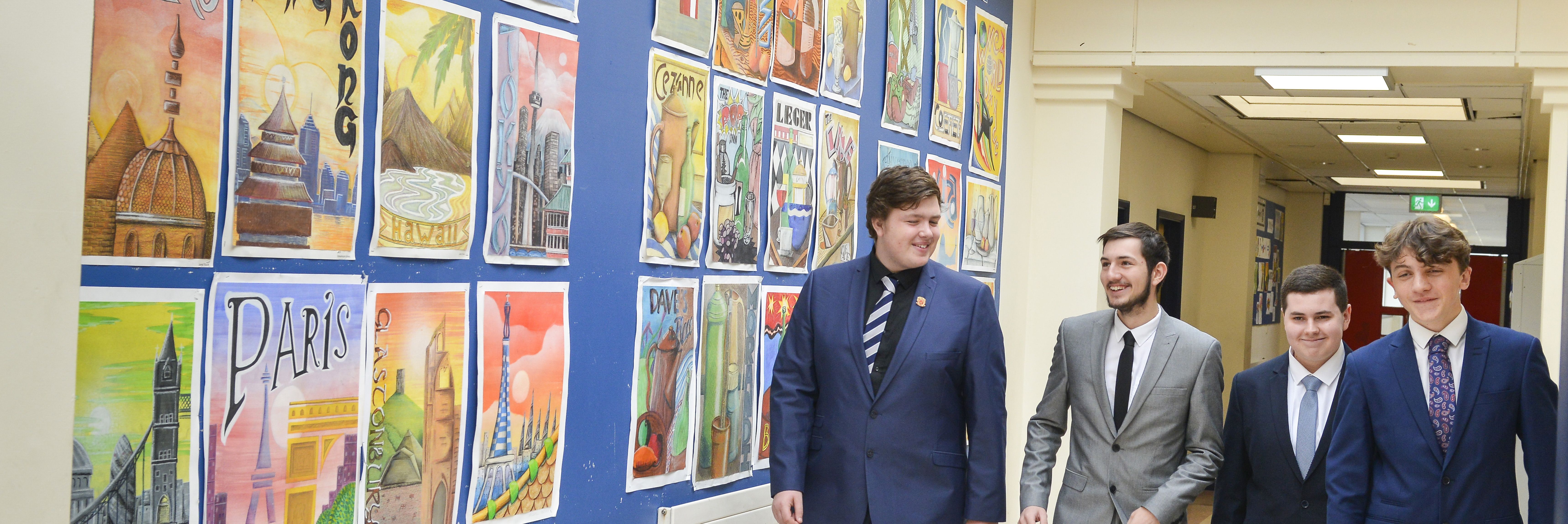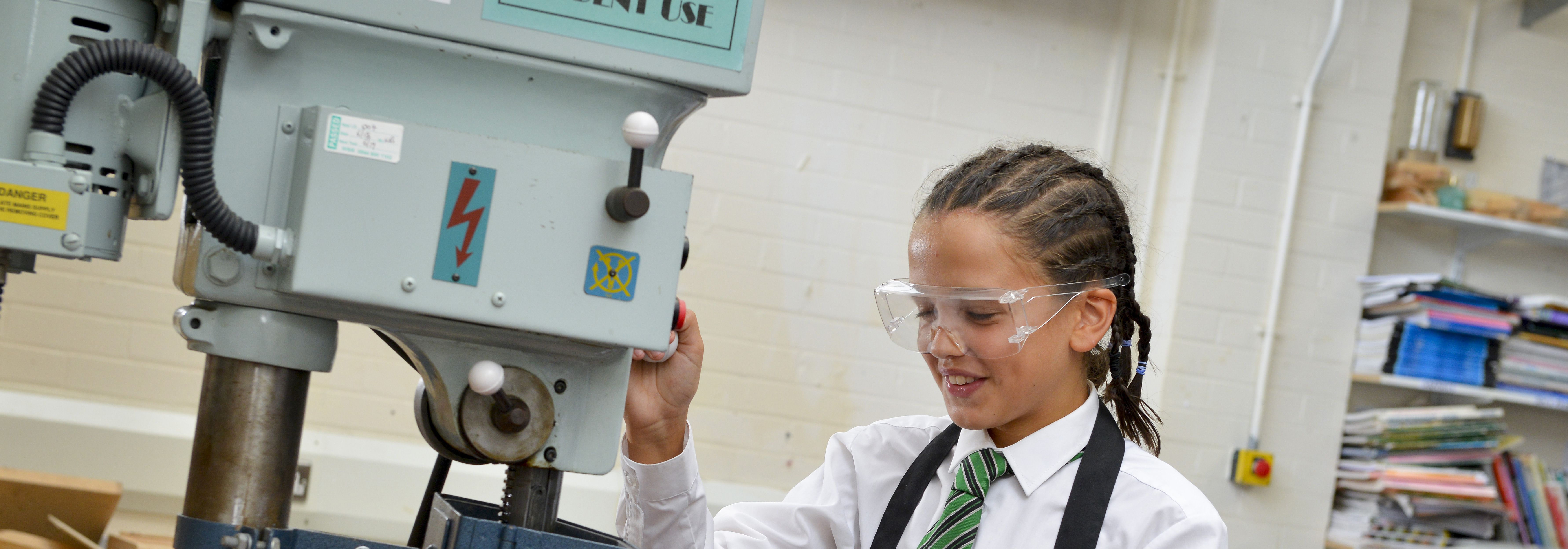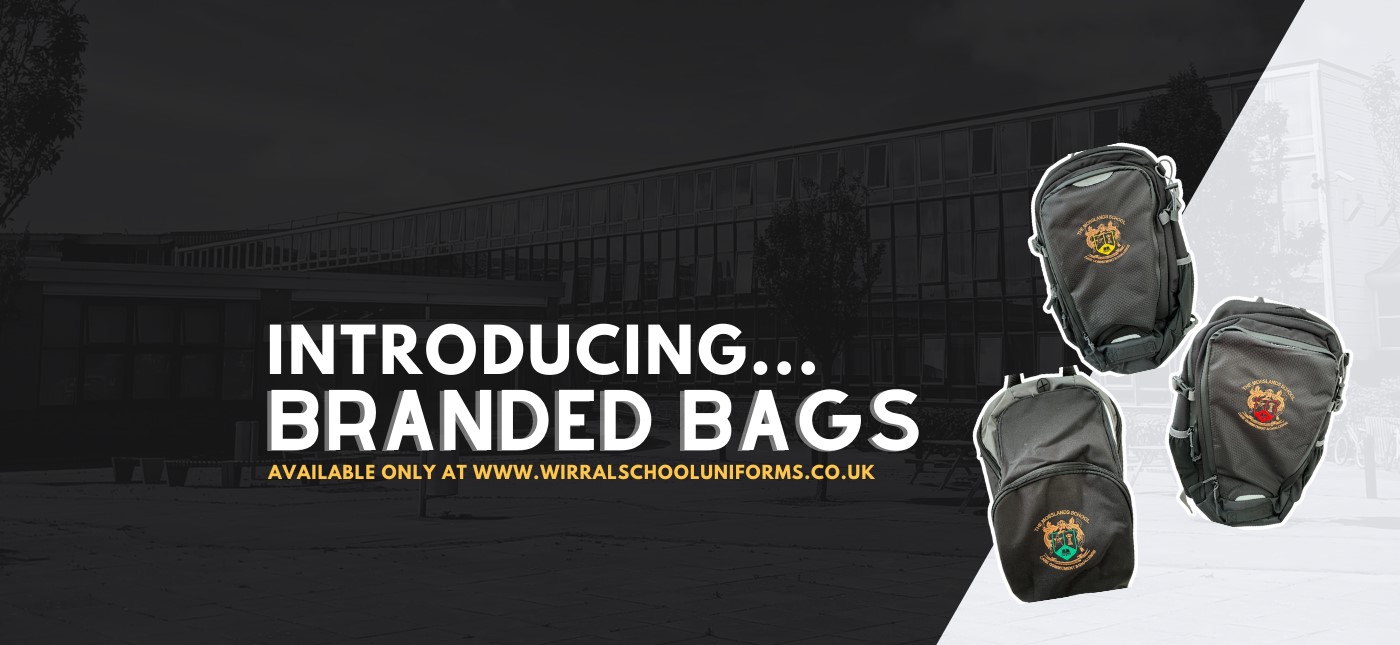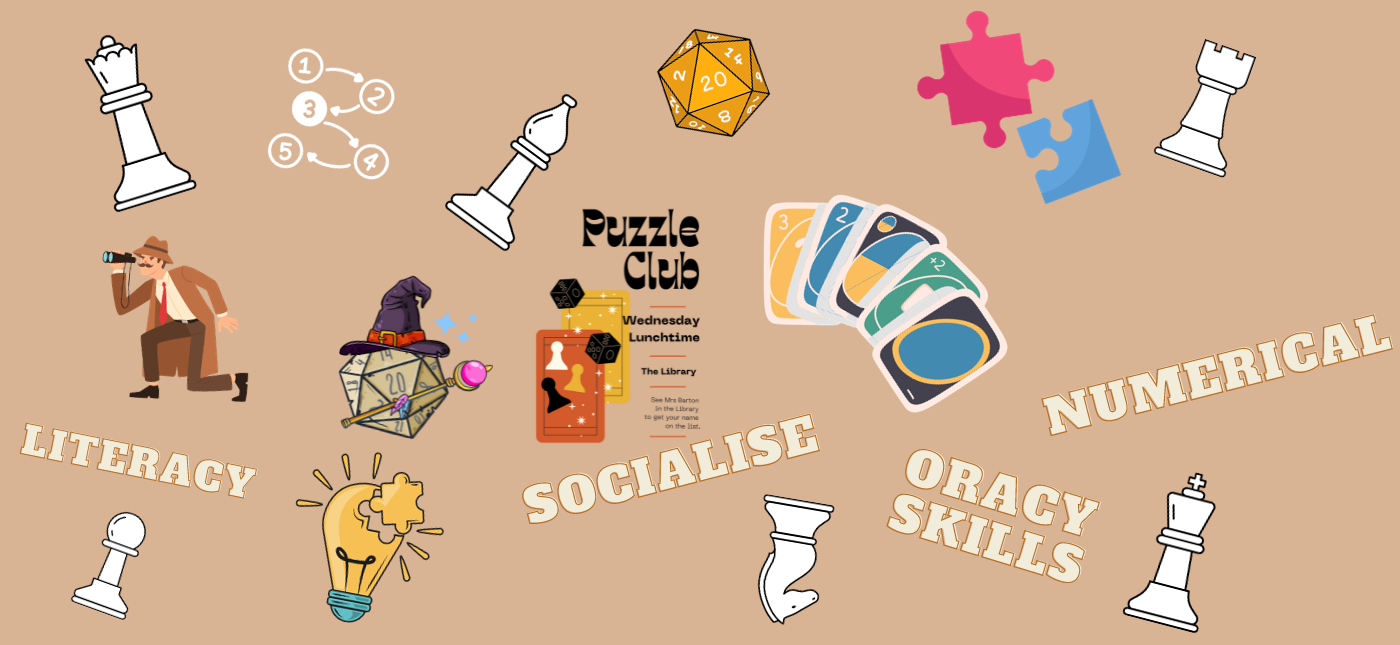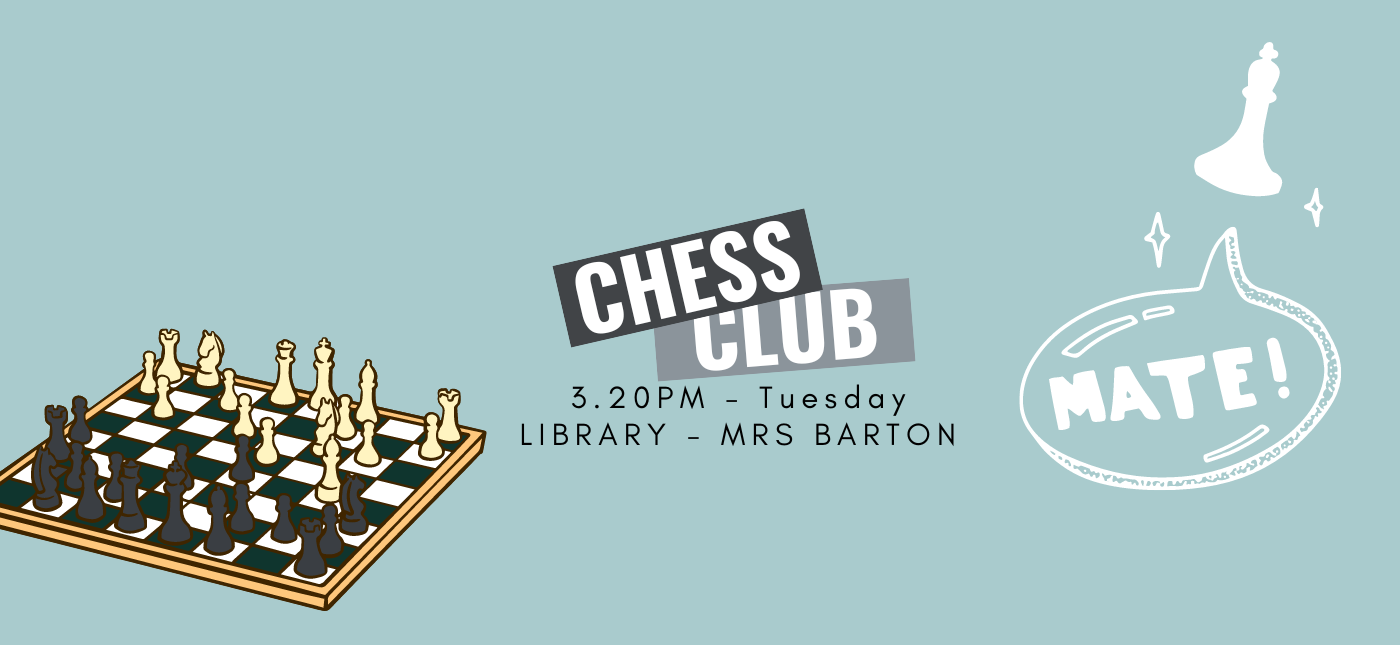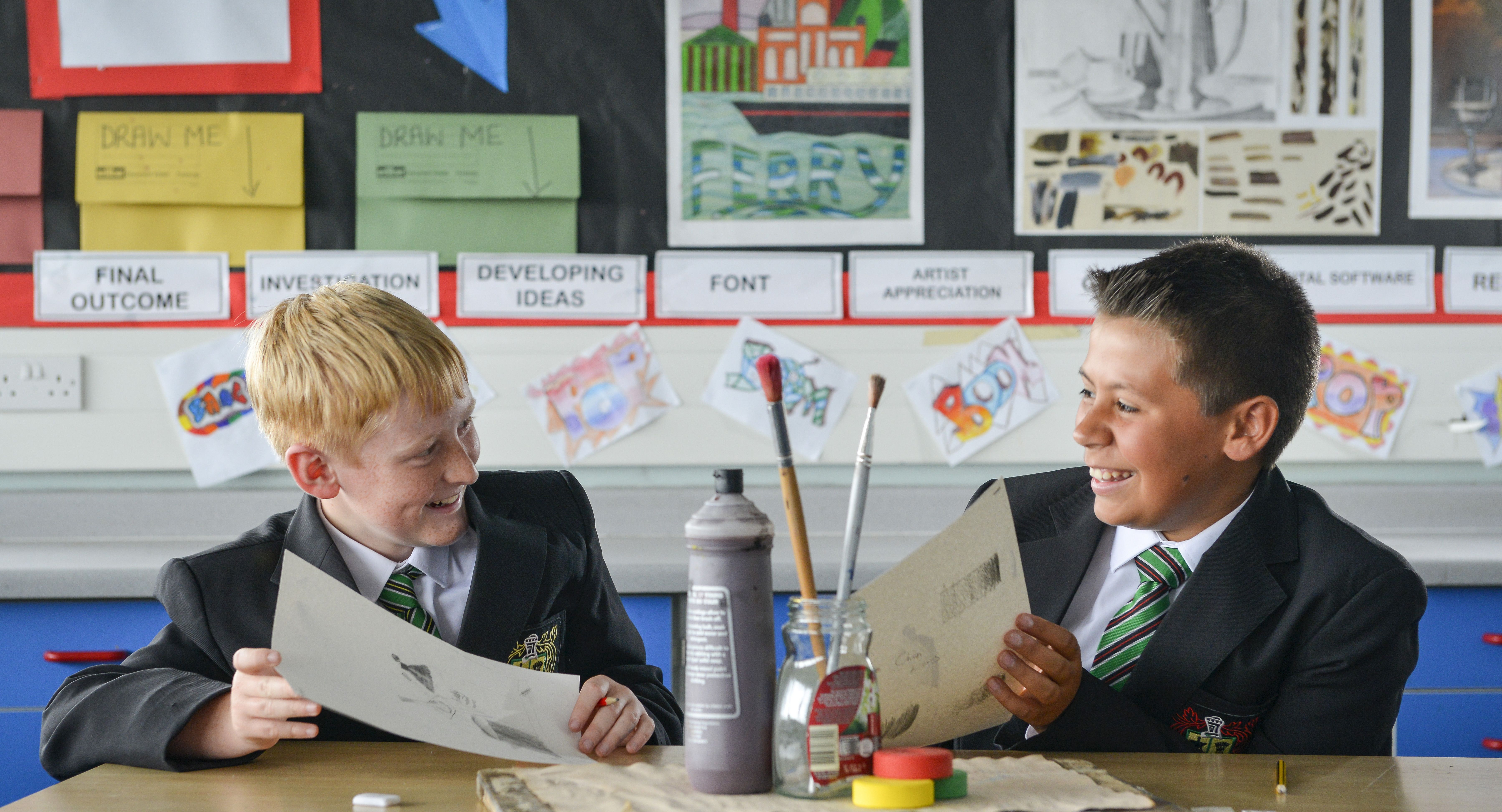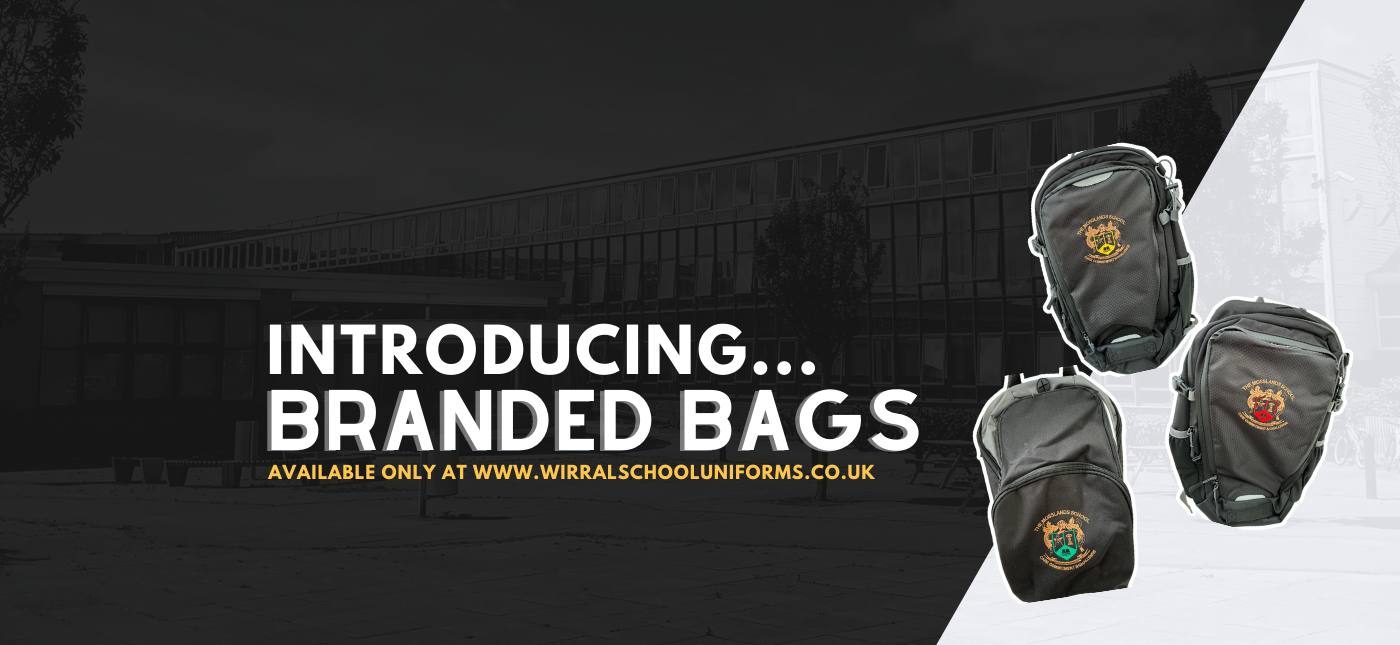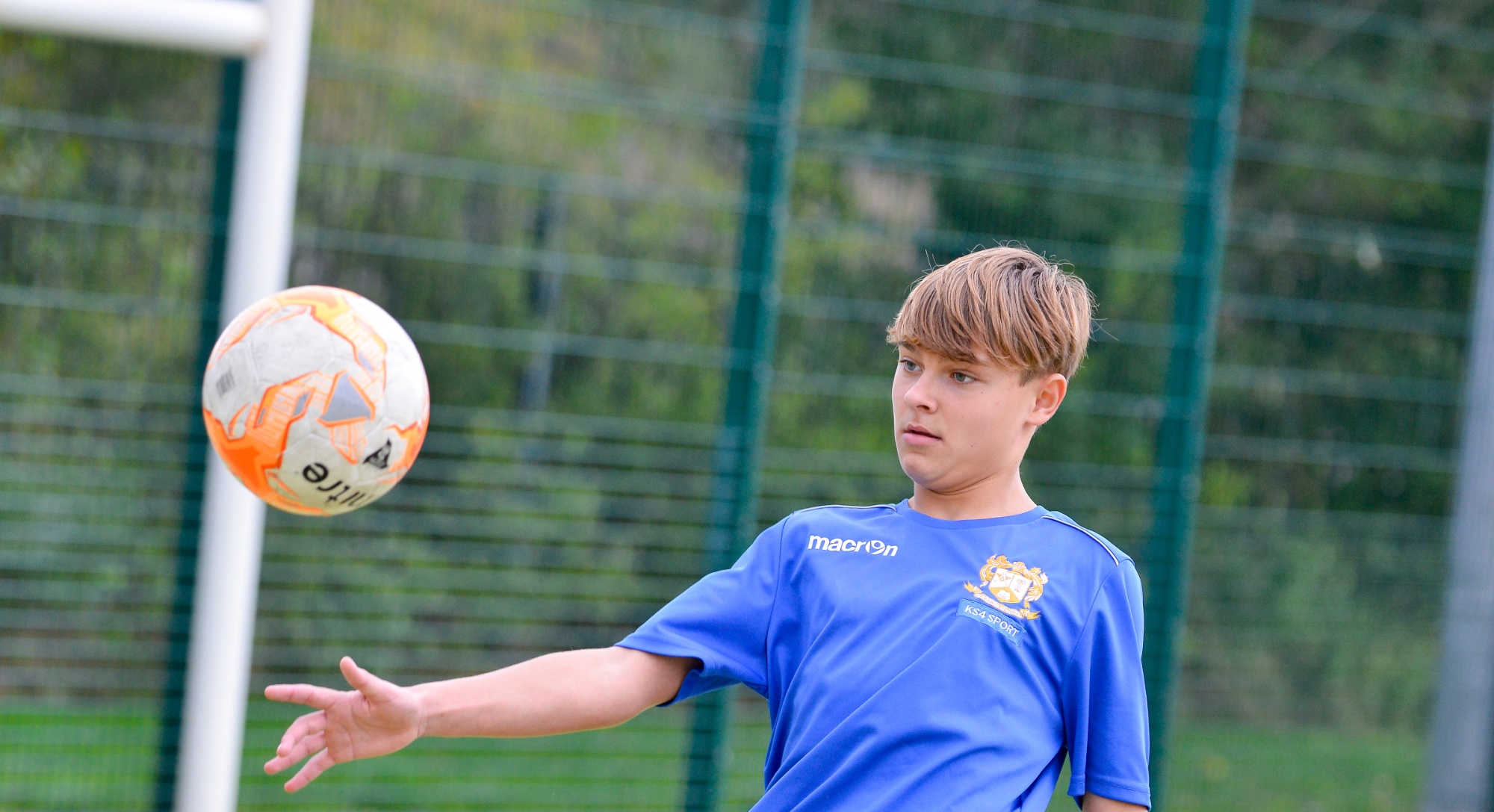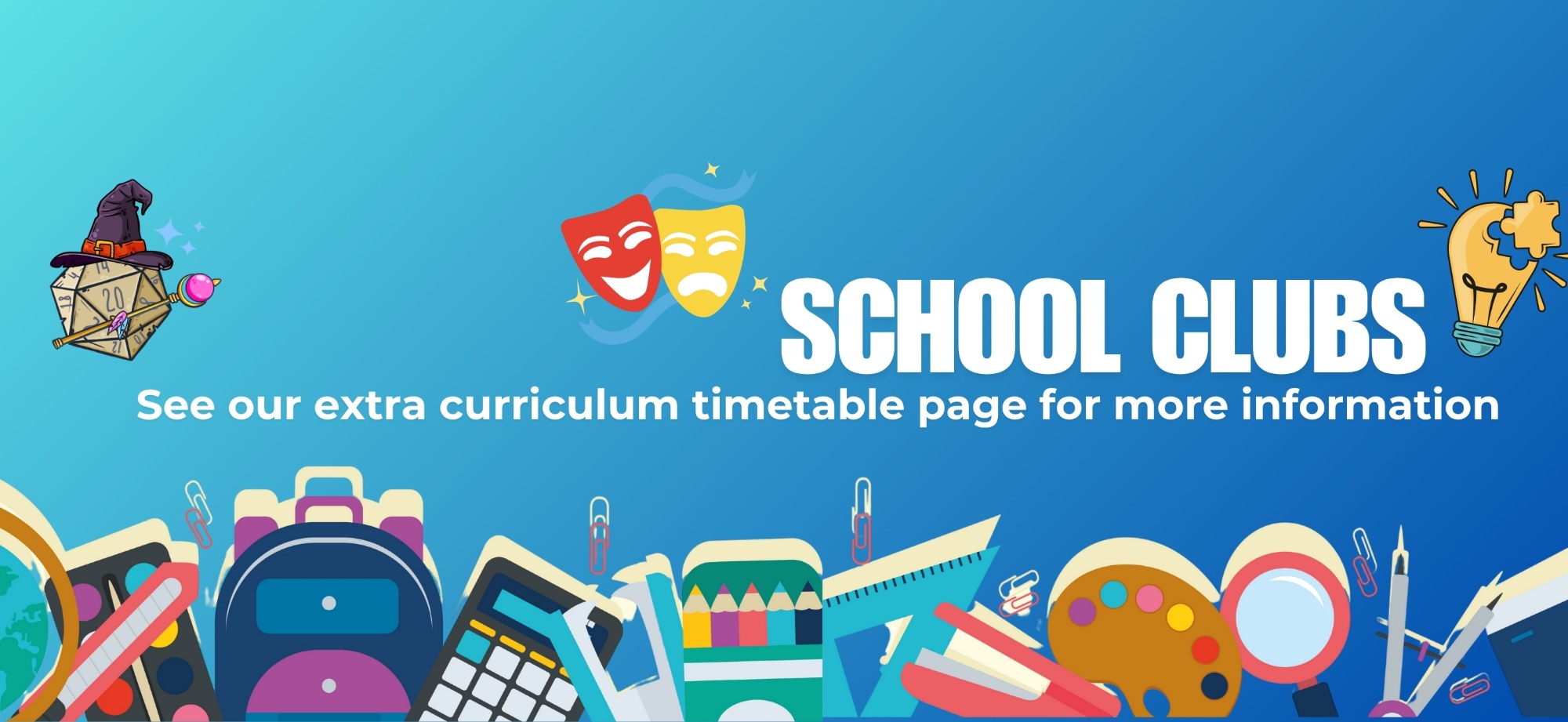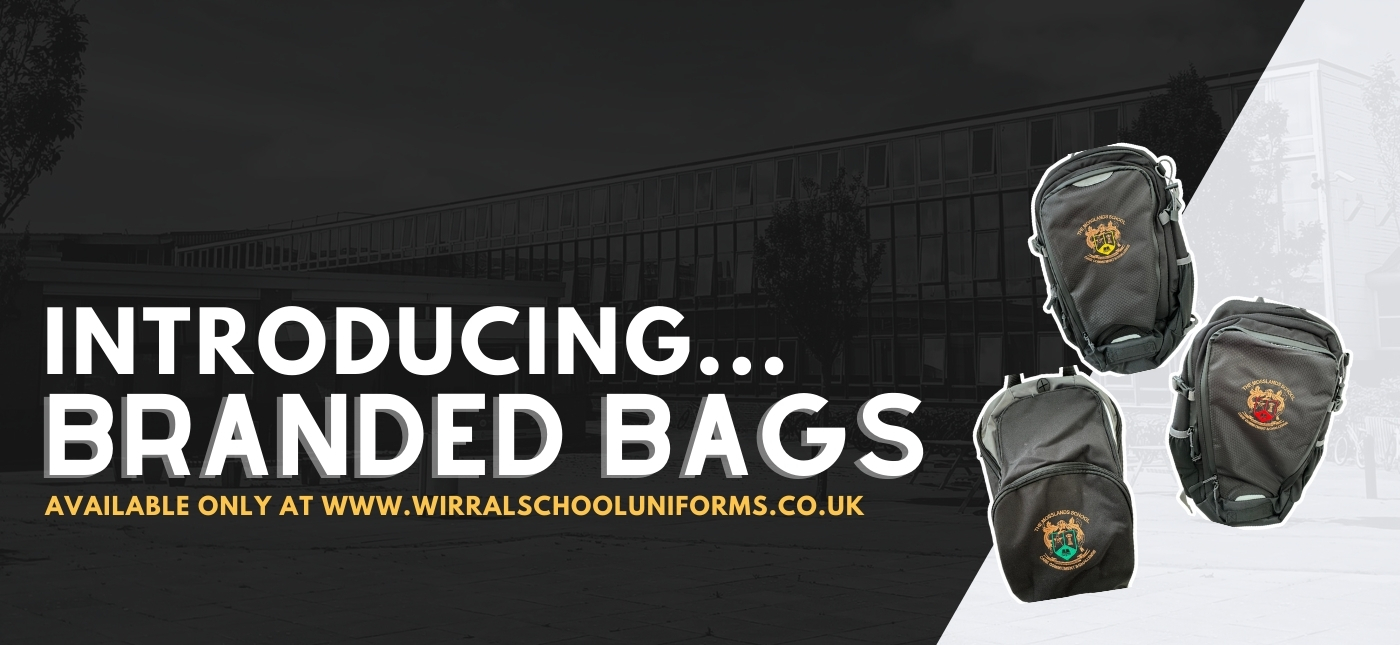Computer Science
Computers are such a huge part of our everyday lives; they are all around us. From electronic control units in cars to self-scan checkouts at the supermarket, computers are shaping and changing the world around us and their influence is only going to grow. We all carry a mobile computing device in our pockets. They keep us connected to our social networks and the world around us - we'd be lost without them!
We are all great consumers of technology and give little thought to how computers do what they do - to most of us it's magic! The best part is that, fundamentally, it's all really very simple logic and not magic at all.
Our Computing Programme of Study offers students an opportunity to develop their knowledge and understanding of the fast-moving digital world around us. The diverse range of topics taught at Key Stage 3 ensures that we provide full coverage of the Computing National Curriculum and not only provides an insight into how digital systems work but also gives students the opportunity to demonstrate creativity through the development of their own digital content.
At the core of Computing is Computer science, in which students are taught the principles of information and computation, how digital systems work, and how to put this knowledge to use through programming. We believe that computer Science is not just about programming but the notion of Computational Thinking; a set of problem-solving and logical-reasoning tools that our students begin to develop throughout the Key Stage 3 programme of study. Analysing problems in computational terms through practical experience of solving these problems – including designing, writing and debugging programs – prepares our students for further study of the subject into Key Stage 4.
During Key Stage 3, students should expect to have up to four x 50-minute lessons per fortnightly cycle. During Year 9, students are tasked with selecting their options subjects for Key Stage 4; students can opt to study Computer Science GCSE or, alternatively, can choose the BTEC Technical Award in Digital IT. Students progressing to the Computer Science GCSE will follow a set program covering topics set by the OCR (9-1) GCSE in Computer Science (J277).
Facilities
We have six ICT suites, including two newly refurbished rooms, within the Computing and ICT department, in which all students will have access to their own workstations. Each room has 30+ student PCs, an excellent choice of software packages and high-speed Internet access.
Extra-Curricular Opportunities
Students are encouraged to develop their enthusiasm for Computing by registering online to partake in a number of online activities to further extend their learning. Sites such as Code.org, Code Warriors, Code Combat and Codecademy have provided students with access to several exciting resources which encourages their engagement with the subject.



